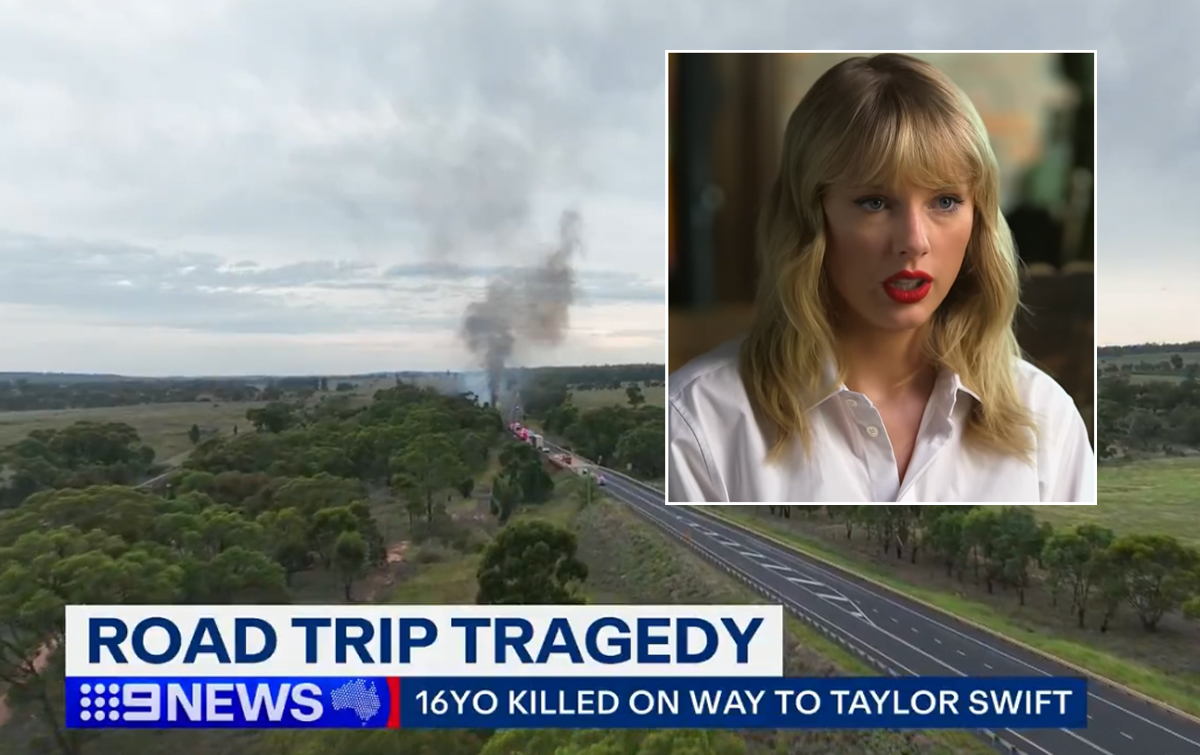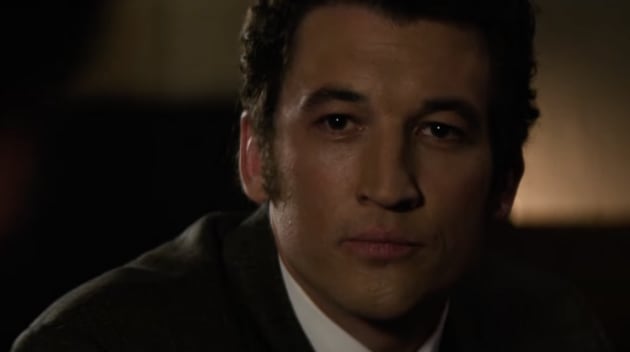#Top Production Pros Examine Potential Writers Strike, COVID-19 Safety Protocols at AFCI Brunch

From a potential writers strike to COVID-19 safety protocols on-set, some of Hollywood’s top producers offered a peek on Wednesday at how they approach some of the industry’s most contentious issues.
The insiders, typically tight-lipped on Hollywood dealings, discussed their thoughts to widespread industry concerns and trends at a brunch honoring the top physical production pros during a multiday networking event from March 27 to 30 hosted by the Association of Film Commissioners International (AFCI), a group made up of more than 300 commissioners on six continents. The brunch, a joint effort between AFCI and The Hollywood Reporter, saw a turnout of hundreds of production executives and film commissioners across the world, who chatted over quiche, fruit platters and pastries.
Featured on the panel was Janet Graham-Borba, executive vice president of production for HBO, as well as Marcy Kaplan, physical production principal at MGM Television and MGM+, and Herb Gains, executive vice president of production for Legendary. The 45-minute conversation was moderated by THR editorial director Nekesa Mumbi Moody.
The conversation touched on a wide range of topics, including how the demands of their jobs have changed over their careers, film and TV tax credits, and the easing of safety restrictions.
“In 20 years, we’ll look back and say ‘What were we thinking?’” Gaines said, likening the protocols to recollections of nuclear attack drills in schools during the Cold War in which students “hid under desks thinking that’ll save [them.]” Still, the executive producer on Dune and Godzilla vs. Kong said that he insists that crew wear masks to protect actors on small movies shooting in tight, small interiors. “I don’t think it should totally go away and be ignored,” Gaines said. “It’s how much you want to spend and how much you want to risk.”
Graham-Borba quipped, “We joke about how it’s trying to do production on a slip and slide.” She similarly stressed the increased expenses of production due to COVID-19 safety protocols. Costs ballooned by roughly 20 percent because of tests and employees to administer them, among other things, she estimated.
“The industry is probably, in its intense focus on testing, out of step with culture,” said Graham-Borba, who added that Hollywood needs to support workers so they feel safe.
The latest extension to Hollywood’s COVID-19 safety agreement in January loosened protocols on-set when virus admissions are low. Productions were allowed to end pre-employment testing for employees in certain groups who aren’t in the proximity of actors. Weekly testing requirements for some workers were also nixed. The agreement is set to expire on March 31.
Moving to another hot-button issue in Hollywood, Kaplan said MGM got in front of a potential writers strike by getting ahead with compiling scripts.
“I do think it’ll be a curve because, if it’s not decided quickly, things will slow down,” said Kaplan, emphasizing the costs of pausing and resuming a production. “We did a lot to get ready, but it could create an environment where people just stop.”
While it’s largely “business as usual” at Legendary, Gaines noted that the studio is “scrambling to get scripts done before May 1.” He said, “If there’s a strike, hopefully we’ll have enough scripts we’ll be working on so we’ll be ready.”
HBO, meanwhile, hasn’t been “doing anything extreme in preparation,” said Graham-Borba, explaining that she thinks “everybody who’s working will continue working.”
The current Writers Guild of America contract with the Alliance of Motion Pictures and Television Producers is set to expire on May 1, with negotiations already underway. On the table: overall staff size, basic compensation and a wave of so-called mini-rooms, among other things. Any work stoppage will suspend production until a new agreement is reached. There was a 100-day strike from November 2007 to February 2008 and a longer work stoppage in 1988.
The production executives also touched on the international reach of the entertainment industry. “It’s become a global business,” Gains said. “There used to be Hollywood, London, and nobody went to Australia until The Matrix went there, but now look at it.”
Graham-Borba recalled her “extraordinary experience” shooting True Detective: Night Country in Iceland. She told THR that the local crew had to film “outdoors in the cold and dark for long stretches” and navigated the elements with “startling ease.” She added that the past year has been full of weather surprises, with “hurricanes, unexpected snow, wind or temperature drops and heavy rains.”
Each of the production executives stressed the significance of film and TV incentives when choosing a location to film, especially as times have changed with them being told the budget opposed to helping come up with a figure after reading the script.
“I don’t know if I’d be able to persuade my leadership in [shooting] in a place that didn’t offer robust incentive and resources,” Graham-Borba said.
If you liked the article, do not forget to share it with your friends. Follow us on Google News too, click on the star and choose us from your favorites.
For forums sites go to Forum.BuradaBiliyorum.Com
If you want to read more Like this articles, you can visit our Social Media category.




